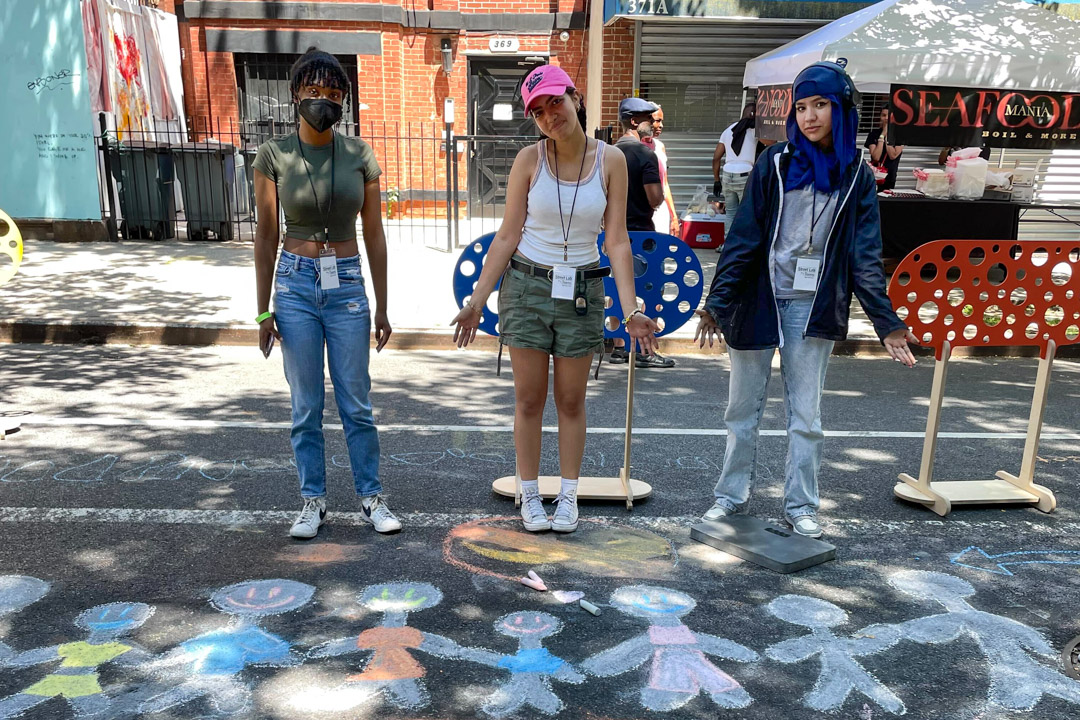A three-year old program known as Assertive Community Engagement and Success has guided about 110 gang-involved or troubled young people with prior arrests or a criminal record out of a dangerous lifestyle.
The initiative is run by the non-profit group CASES (Center for Alternative Sentencing and Employment Services) and offers a multitude of services from rides to the city clerk’s office to get a copy of a birth certificate, cultivating job skills, GED tutoring, and substance abuse counseling.
The director of ACES, Jason Gordon, says that although participation is voluntary, many of the clients stay in the program for an average of 266 days, which is typically longer than the span of other youth-based services.
“This is a long-term program. These aren’t things that can be fixed in 90 days. We build substantial relationships,” Gordon explained. “We break down the walls and kind of wean them off of the gang stuff.”
Gordon, 43 years old and from Harlem, was sentenced to 15 years in prison when he was 19. While he was incarcerated, he dedicated himself to his education and figuring out a way to make a significant impact on his community when he went home. After being released, he earned his Associates Degree from Bard College and was awarded a scholarship to study sociology at CUNY, Lehman College. In 2021, he began studying for his Master’s in social work at Columbia University while also working in several non-profits.
“I tell these young people: if you want it, you can do it,” Gordon said. “I did it, so you can do it too.
Two years ago, a 16-year-old Bronx resident, Emmanuel Tapia, was in and out of trouble and heavily using alcohol until a cop from his local precinct referred him to the Harlem-based program which steered him to a more positive path. Now, Tapia is working on getting his high school diploma and is up for an internship. His goals are now to go to culinary school and become a professional chef.
Tapia is one of many young people from disadvantaged backgrounds to be helped by ACES, which continues to play an imperative role in breaking cycles of violence and incarceration for at-risk youth in heavily policed, high-crime rate areas.
Although, the source of the program’s funding may not be stable as the yearly $2.3 million grant ACES receives from the city is set to expire this June. While this may be scary for Gordon and others involved with the program, he asserts they will remain committed to keeping the project alive in the community.












